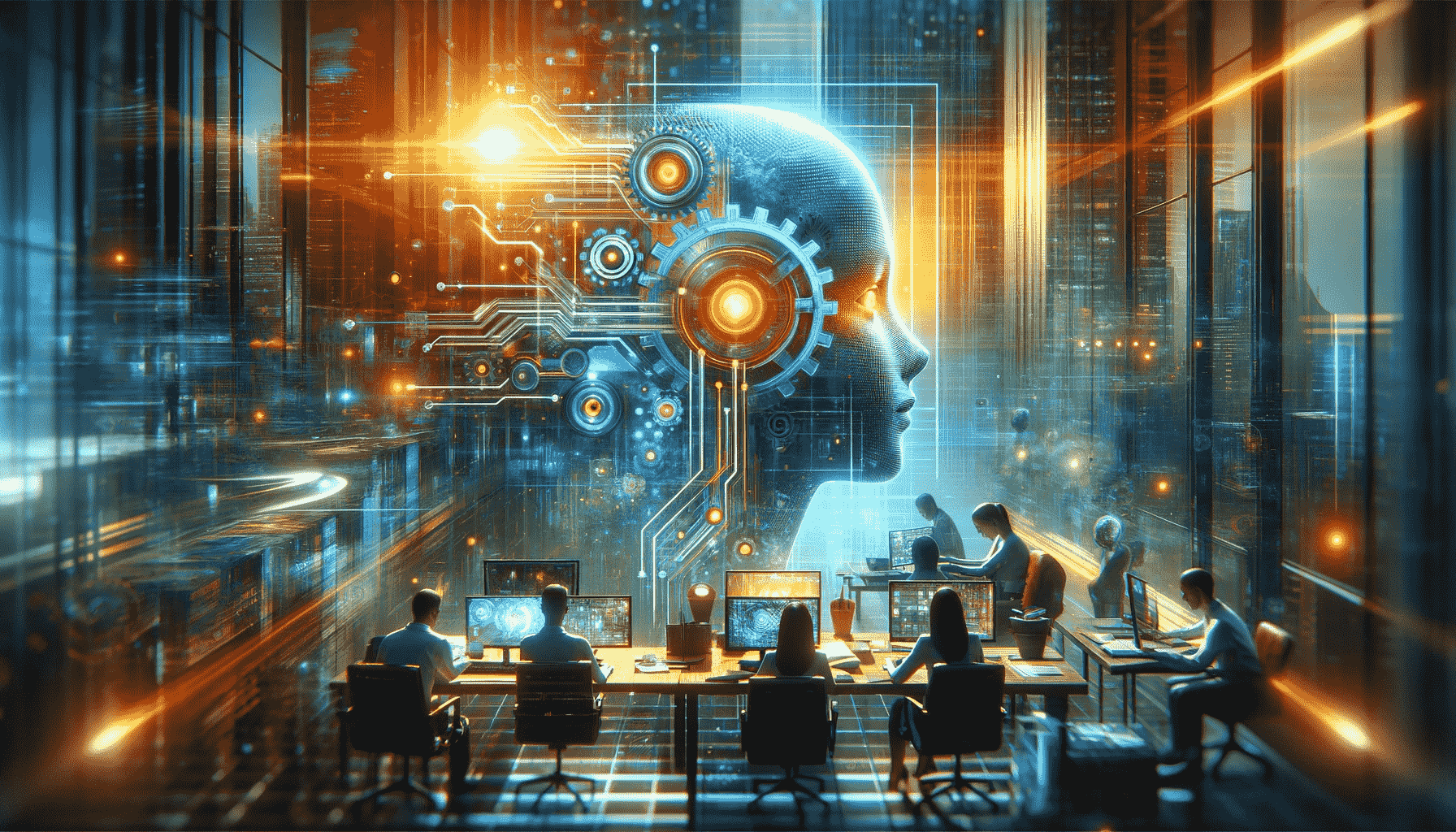How to Use AI in Business?
Artificial intelligence continues to revolutionise business, but irresponsible use brings risks. This article shares excerpts from Judith Lewis' presentation at Digitalzone'23 on what AI can really do now, how to harness its power sensibly, and why ethical oversight is essential.

What is Artificial Intelligence and Where Are We?
AI, or artificial intelligence, has become a buzzword that is being thrown around a lot. So what exactly does it mean and what is realistic to expect from AI technologies today?
At a basic level, artificial intelligence, or AI, refers to computer algorithms that can exhibit human-like intelligence in certain contexts. But instead of running predefined codes like traditional software, AI algorithms adapt by analysing data and determine the path they will take on their own to correctly optimise the given command. This ability to learn without explicit programming constitutes "intelligence".
The adoption of AI's exploitation of automated big data analysis has accelerated its rate of use. But despite anthropomorphic terminology and personification, even advanced AI still fails at many tasks that humans can easily handle. It lacks the deeper meaning, reasoning, common sense or judgement exhibited by humans. Or so we think 🙂
So while AI continues to achieve new successes, it has fragile and narrow capabilities outside certain areas. Claims of inevitable superintelligence do not reflect the current limitations of the technology. AI in general remains for now a set of adjustable tools that greatly benefit from ongoing human guidance and oversight.

Business Opportunities with Artificial Intelligence
While not a sentient being, AI as a capability unlocks enormous opportunities.
- Predictive Analytics: AI can uncover correlations and future scenario probabilities from the masses of data that support planning.
- Content Creation: AI excels at producing high volumes of on-brand copy and visuals tailored to audience interests.
- Task Automation: Computerisable tasks can be delegated to AI algorithms, freeing up employees for decision-making roles.
- Human Augmentation: Rather than replacing humans, AI increases knowledge, insight, and productivity when applied appropriately.

To address these risks, responsible development, implementation and monitoring of AI is essential:
- Thorough testing for unintended biases and behaviours in controlled environments before expanding its reach
- Engineering transparent AI architectures that enable auditing for accountability
- Implementation of strict surveillance protocols implemented by authorised personnel
- Creating emergency switches that allow immediate switch-off when problems arise
- Setting clear expectations with stakeholders on capabilities and limitations
- Commitment to regular reviews assessing AI risks, ethics and responsiveness.
With great power comes great responsibility. Prudence is imperative to ethically utilise AI for positive progress.
Bottom Line
If we evaluate artificial intelligence in real terms today, it reveals a measured optimism. It has deep but narrow capabilities and great potential, but it also has headlines that exceed current realities. With responsible development and implementation, AI can make previously impossible progress without compromising values. But embracing expediency over wisdom can invite a range of foreseeable and unforeseeable dangers.
Leaders face a choice. Either respect nuance in using this transformative power, or risk the repercussions from its misuse. The opportunity exists to ennoble society with the prudently developed gifts of AI. By recognising AI as just a tool, we gain the vision to create the future we seek. The light of AI, with care and conscience, can transcend every shadow.
This content was created by Ahmet Can Kavak, Marketing Manager at Zeo.


















